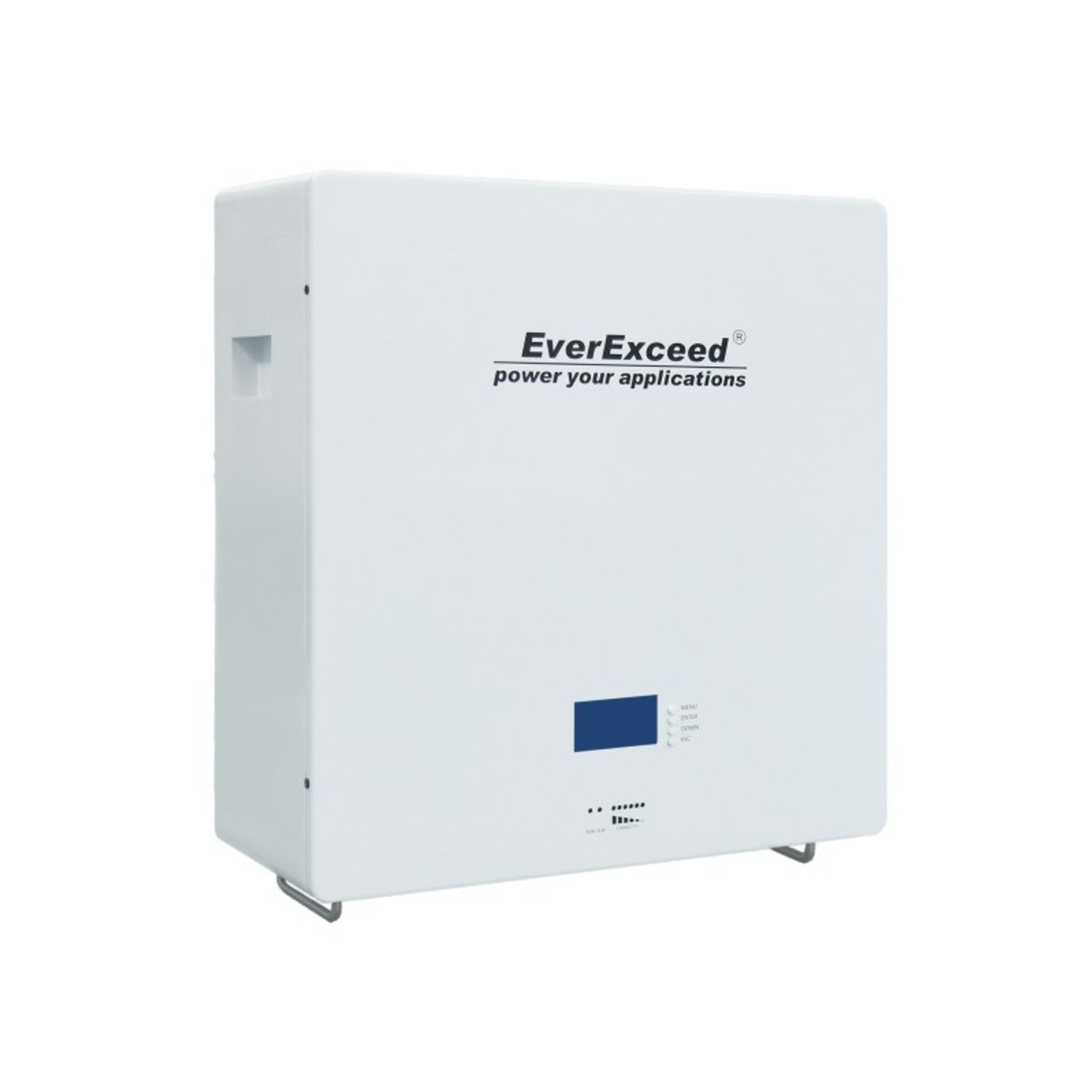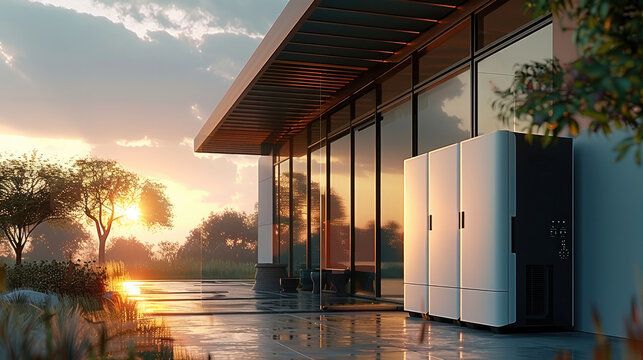
Get a Quote
What is a Hybrid Energy Storage System?
In an era where renewable energy is increasingly vital, energy storage systems have become a critical component of the energy landscape. Among these, the hybrid energy storage system (HESS) is gaining traction for its ability to enhance energy efficiency and reliability. But what exactly is a hybrid energy storage system, and why is it becoming so important in the world of energy management?
Understanding Hybrid Energy Storage Systems
The Basics of Energy Storage Systems
Before diving into the specifics of a hybrid energy storage system (HESS), it's essential to understand the broader concept of energy storage systems (ESS). An ESS stores energy for later use, helping balance supply and demand. Traditional ESS technologies include batteries, flywheels, and supercapacitors, commonly used for applications ranging from stabilizing power grids to supporting renewable energy sources like solar energy and wind power.
Explore high-performance energy storage solutions for solar energy storage applications.
What Makes a System "Hybrid"?
A hybrid energy storage system combines two or more different types of energy storage technologies into a single system. By integrating multiple storage methods, a HESS can capitalize on the strengths of each technology while mitigating their weaknesses. For instance, combining a high-energy-density lithium-ion battery with a fast-response supercapacitor ensures both long-term energy storage and rapid power delivery.
Components of a Hybrid Energy Storage System
Batteries
Batteries are a core component of many hybrid energy storage systems. Lithium-ion batteries, in particular, are favored for their high energy density and long cycle life. In a HESS, lithium-ion batteries provide the primary storage capacity, holding large amounts of energy that can be released over extended periods. This makes them ideal for applications like residential solar energy storage, grid balancing, and emergency backup power.
Check out EverExceed's high-efficiency lithium-ion batteries for reliable energy storage.
Supercapacitors
Supercapacitors, also known as ultracapacitors, are another key component of many HESS setups. Unlike batteries, which store energy chemically, supercapacitors store energy electrostatically. This allows them to deliver power very quickly, making them ideal for applications requiring rapid bursts of energy. In a hybrid system, supercapacitors are often paired with batteries to provide fast-response power while the batteries handle longer-term energy storage.
Flywheels
Flywheels store energy mechanically by spinning a rotor at high speeds. The stored kinetic energy can be converted back into electrical energy when needed. Though less common than batteries or supercapacitors, flywheels are highly durable and offer both short-term and long-term energy storage, depending on the system design.
Benefits of Hybrid Energy Storage Systems
Enhanced Efficiency
One of the primary advantages of a hybrid energy storage system is enhanced efficiency. By combining different storage technologies, a HESS optimizes energy use, reducing waste, and improving system performance. For example, using a supercapacitor for quick energy delivery avoids the inefficiencies that can occur when lithium-ion batteries are used for short bursts of power.
Discover high-efficiency UPS systems and batteries for your energy storage needs.
Improved Reliability
Hybrid systems are more reliable due to the integration of multiple storage technologies. If one component fails, the others can compensate, ensuring continuous power availability. This is especially crucial in grid stabilization, where a stable energy supply is paramount.
Cost Savings
Though the initial investment for a hybrid energy storage system may be higher than for single-technology systems, the long-term savings are significant. Hybrid systems are more durable, require less maintenance, and offer improved efficiency, reducing overall operational costs and energy expenditures.
Applications of Hybrid Energy Storage Systems
Renewable Energy Integration
Hybrid energy storage systems are vital for integrating renewable energy sources like solar power and wind power. These energy sources are intermittent, and a HESS can store excess energy during peak production periods, releasing it when production drops. This ensures a consistent power supply, enhancing the reliability of renewable energy systems.
Grid Stabilization
A hybrid energy storage system can provide both short-term power for sudden demand spikes and long-term energy storage to smooth out fluctuations, helping maintain grid stability and preventing blackouts.
Get reliable UPS solutions for grid stabilization and backup power.
Electric Vehicles
In electric vehicles (EVs), HESS can combine battery storage with supercapacitors to deliver long-term energy storage and rapid power bursts, improving performance and extending battery life. This improves driving range, acceleration, and overall energy efficiency, making electric vehicles more practical and appealing to consumers.
Challenges of Hybrid Energy Storage Systems
Complexity
While hybrid energy storage systems offer many benefits, they are also more complex than single-technology systems. Designing and managing a HESS requires careful consideration of the characteristics and interactions of each component. This can make the system more challenging to implement and maintain, potentially leading to higher costs and technical difficulties.
Initial Investment
The initial cost of a hybrid energy storage system can be a significant barrier to adoption. While the long-term cost savings can be substantial, the upfront investment in multiple storage technologies and the infrastructure needed to integrate them can be prohibitive for some users. However, as technology advances and economies of scale are realized, the cost of HESS is expected to decrease.
The Future of Hybrid Energy Storage Systems
Advancements in Technology
As energy storage technology continues to evolve, hybrid energy storage systems are likely to become even more efficient and cost-effective. Ongoing research and development are focused on improving the performance of individual storage technologies and finding new ways to integrate them into hybrid systems. These advancements will help to overcome the current challenges of HESS and unlock new opportunities for their application.
Growing Demand for Renewable Energy
The global shift towards renewable energy is driving increased demand for advanced energy storage solutions. As more renewable energy sources are integrated into power grids, the need for reliable and efficient energy storage will only grow. Hybrid energy storage systems are well-positioned to meet this demand, offering the flexibility and performance needed to support a sustainable energy future.
Conclusion
In a world increasingly reliant on renewable energy, hybrid energy storage systems offer a powerful solution for energy management. By combining the best of multiple storage technologies, HESS can enhance efficiency, reliability, and cost savings, making them crucial for the transition to a cleaner, sustainable energy future.
Trust EverExceed to deliver the high-performance, reliable energy storage solutions you need to power a sustainable future.


